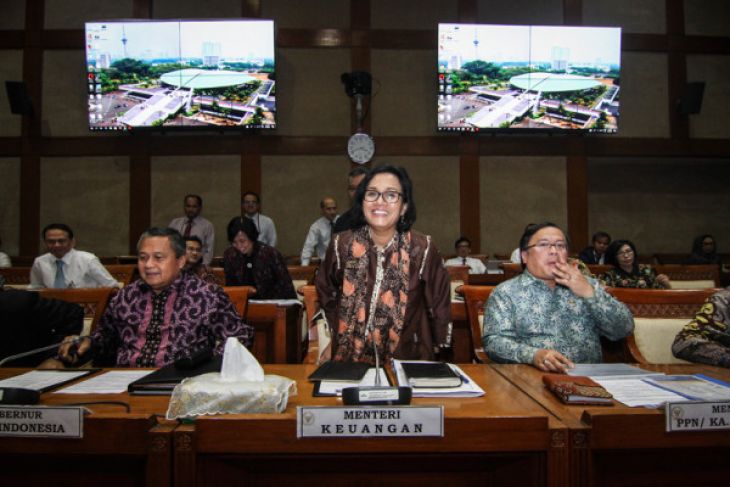Minister Outlines Four Economic Risks in 2019

Jakarta, MINA — The Finance Minister, Sri Mulyani Indrawati, has pointed out four risks that could affect economic performance in 2019. Antara News reported
“There are four risks in 2019,” Sri Mulyani said in a working meeting with the House of Representatives (House) Commission XI to discuss the 2019 Macroeconomic Framework in Jakarta on Monday.
Sri Mulyani said the first risk was the trend of spending savings on consumption and the change in the patterns of consumption, which was not channelled into the real sector.
The second risk was that investors could withhold direct investment because they were waiting for the election results.
The third risk was that the normalisation of monetary policy, not only in the US and Europe, could affect investment performance in the financial sector. “The US tax policy is also a risk to the flow of funds to developing countries, including Indonesia,” added Sri Mulyani.
The fourth risk was the US trade protectionism policy, which could impact on export performance. “In addition, we need to be wary of the development of the US trade war with China,” he said.
Mitigation measures
Sri Mulyani said the government was ready with mitigation measures such as fiscal policies that encouraged investment and competitiveness and exports in order to realise quality growth.
They included incentives for expansionary investment and expenditure that could lead to productivity and the sustainability of infrastructure development.
Public Private Partnership (PPP) schemes would be encouraged to enhance the role of the private sector in building infrastructure and preparing targeted and timely social assistance to the poor.
“In addition, the synergy between the central and regional governments will be leveraged to encourage consumption,” said Sri Mulyani.
The government also maintained legal certainty and policy sustainability conducive for business and investment. It would ensure the continuity of policy reforms to improve Indonesia`s competitiveness and attractiveness as an investment destination and to keep inflation in check to maintain public purchasing power.
In addition, the government encouraged non commodity-based exports (oil and gas) and expansion to new markets in Africa, the Middle East, and Eastern Europe. (T/RS5/RS1)
Mi’raj Islamic News Agency (MINA)



